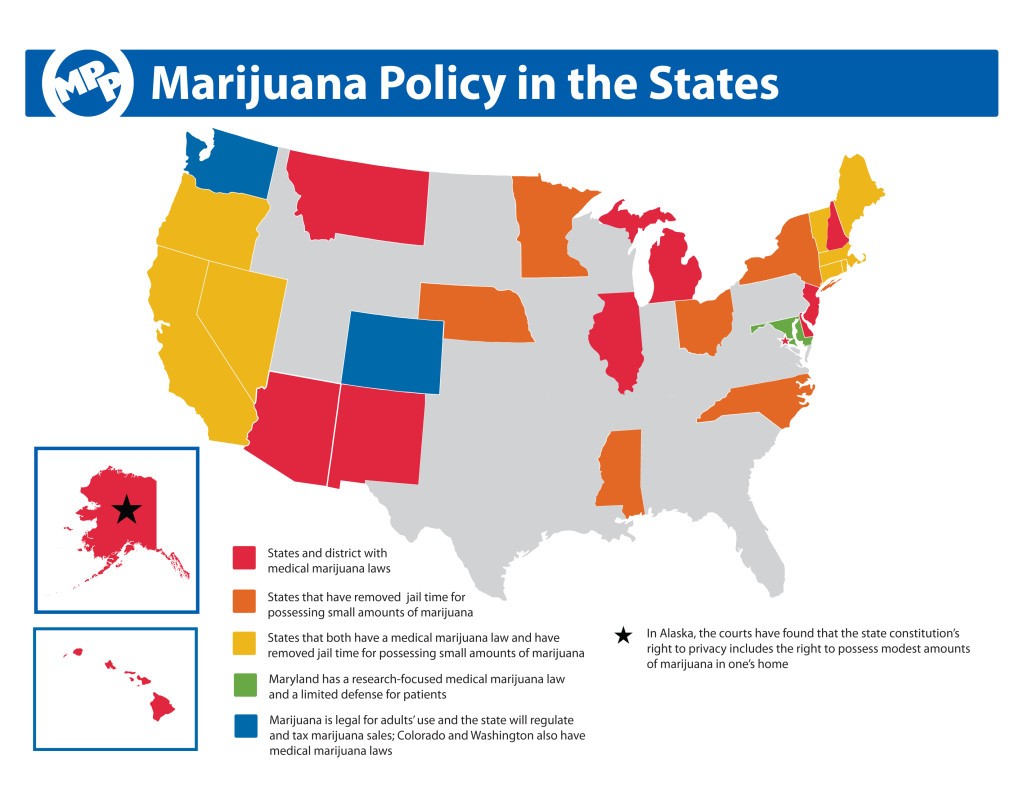Higher Ground has created a new ad to support legalization reform efforts across the country. “Cannabis Clicker” will air in the five States with recreational legalization ballots: California, Maine, Nevada, Arizona and Massachusetts. The ad will also run in States with medical marijuana votes – including Oklahoma, Florida, Arkansas, North Dakota and Montana. All told, nine states will be voting on ballot initiatives related to legalizing and regulating cannabis on November 8th.
“We wanted to use the old reefer madness propaganda as part of our ad,” noted Editor-in-Chief Michael A. Stusser, “and juxtapose it with what’s really going on.” The ad, titled “Cannabis Clicker,” shows side-by-side living rooms, one playing anti-drug commercials and films from a now by-gone era, while the set in the modern living room plays news stories about legalization from the past few years. “Sometimes it’s best just to let the story tell itself,” Stusser notes. “Teen drug use has actually gone down since legalization, massive taxes have been raised, there has been no increase in traffic fatalities – and the sky has not fallen.”
The Cannabis Clicker ad uses clips from the original Reefer Madness movie, the infamous “Your Brain on Drugs” PSA, as well as modern day news clips featuring studies and research related to the legalization of marijuana.
Based out of Seattle, where recreational marijuana was legalized in 2012, Higher Ground is attempting to “Elevate the Dialogue” and broaden the movement nationally. While legal in Washington, Colorado, Alaska and Oregon, the use, sale or distribution of cannabis is still a felony at the federal level, and over 700,000 Americans are arrested every year for marijuana-related offenses. The parody ad has been provided to all the pro-legalization campaigns, and is being used both on social media (Facebook, Twitter, Instagram and VIMEO) as well as paid television in selected markets in California and Nevada.




